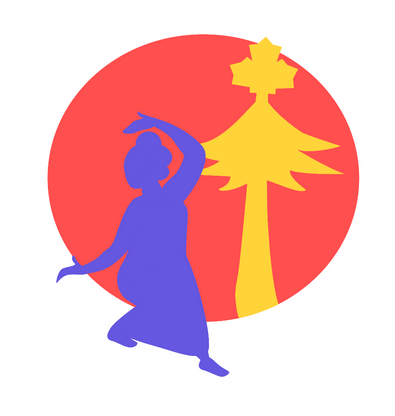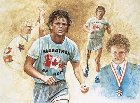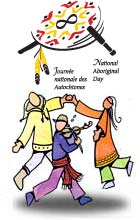 On June 21st, Canadians from all walks of life are invited to participate in the many National Aboriginal Day events that will be taking place from coast to coast to coast. June 21st kick starts the 11 days of Celebrate Canada! which includes National Aboriginal Day (June 21), Saint-Jean-Baptiste Day (June 24), Canadian Multiculturalism Day (June 27) and concludes with Canada Day (July 1)! On June 13, 1996, the Governor General of Canada proclaimed June 21st to be National Aboriginal Day, offering Aboriginal peoples an excellent opportunity to share their rich, diverse cultures with family members, neighbours, friends and visitors. First Nations, Métis and Inuit people will gather to celebrate and share with spectacular dance, song and theatrical performances both contemporary and traditional that will bring you to your feet! National Aboriginal Day is a fun-filled day for the whole family to enjoy together. National Aboriginal Day is an opportunity to learn more about Aboriginal people and their contributions to Canada. Share in the Celebration
On June 21st, Canadians from all walks of life are invited to participate in the many National Aboriginal Day events that will be taking place from coast to coast to coast. June 21st kick starts the 11 days of Celebrate Canada! which includes National Aboriginal Day (June 21), Saint-Jean-Baptiste Day (June 24), Canadian Multiculturalism Day (June 27) and concludes with Canada Day (July 1)! On June 13, 1996, the Governor General of Canada proclaimed June 21st to be National Aboriginal Day, offering Aboriginal peoples an excellent opportunity to share their rich, diverse cultures with family members, neighbours, friends and visitors. First Nations, Métis and Inuit people will gather to celebrate and share with spectacular dance, song and theatrical performances both contemporary and traditional that will bring you to your feet! National Aboriginal Day is a fun-filled day for the whole family to enjoy together. National Aboriginal Day is an opportunity to learn more about Aboriginal people and their contributions to Canada. Share in the Celebration
Here is a brief history of the origins of National Aboriginal Day:
1982
National Indian Brotherhood (now the Assembly of First Nations) calls for the creation of June 21st as National Aboriginal Solidarity Day.
1995
The Royal Commission on Aboriginal Peoples recommends the designation of a National First Peoples Day.
The Sacred Assembly, a national conference of Aboriginal and non-Aboriginal people chaired by Elijah Harper, calls for a national holiday to celebrate the contributions of Aboriginal peoples.
1996
June 13 – Former Governor General Roméo LeBlanc declares June 21st as National Aboriginal Day after consultations with various Aboriginal groups.
June 21 – National Aboriginal Day is first celebrated with events from coast to coast to coast.
2006
Canadians from all walks of life participated in the many events that took place from coast to coast to coast highlighting the 10th anniversary of National Aboriginal Day.
Today National Aboriginal Day is part of the annual nationwide Celebrate Canada! festivities held from June 21st to July 1st. They begin with National Aboriginal Day, are followed by Saint-Jean-Baptiste Day, Canadian Multiculturalism Day and Canada Day. June 21st was chosen because of the cultural significance of the summer solstice (first day of summer and longest day of the year) and because many Aboriginal groups mark this day as a time to celebrate their heritage. Setting aside a day for Aboriginal peoples is part of the wider recognition of Aboriginal peoples' important place within the fabric of Canada and their ongoing contributions as First Peoples.
National Aboriginal Day events are held in every region across the country. For a detailed list of activities, or to get involved in organizing festivities in your area, visit our events page or contact an Aboriginal community or organization near you, or your regional Indian and Northern Affairs Canada office.
Governor General's Proclamation
National Aboriginal Day was proclaimed in 1996 by former Governor General Roméo A. LeBlanc. The following is the text of the declaration to make National Aboriginal Day an official day of celebration, recognized by the crown:
National Aboriginal Day A Proclamation
ELIZABETH THE SECOND, by the Grace of God of the United Kingdom, Canada and Her other Realms and Territories QUEEN, Head of the Commonwealth, Defender of the Faith.
TO ALL TO WHOM these Presents shall come or whom the same may in any way concern,
GREETING:
WHEREAS the Constitution of Canada recognizes the existing rights of the Aboriginal peoples of Canada;
WHEREAS in the Constitution of Canada "Aboriginal peoples of Canada" include the Indian, Inuit and Métis peoples of Canada;
WHEREAS the Aboriginal peoples of Canada have made and continue to make valuable contributions to Canadian society and it is considered appropriate that there be, in each year, a day to mark and celebrate these contributions and to recognize the different cultures of the Aboriginal peoples of Canada;
AND WHEREAS many Aboriginal peoples celebrate the summer solstice, which has an important symbolism within their cultures;
THEREFORE, His Excellency the Governor General in Council, on the recommendation of the Minister of Indian Affairs and Northern Development, hereby directs that a proclamation do issue declaring June 21 of each year as "National Aboriginal Day".
OF ALL OF WHICH Our Loving Subjects and all others whom these Presents may concern are hereby required to take notice and to govern themselves accordingly.
IN TESTIMONY WHEREOF, We have caused these Our Letters to be made Patent and the Great Seal of Canada to be hereunto affixed.
WITNESS: Our Right Trusty and Well-beloved Roméo A. LeBlanc, a Member of Our Privy Council for Canada, Chancellor and Principal Companion of Our Order of Canada, Chancellor and Commander of Our Order of Military Merit, Governor General and Commander-in-Chief of Canada.
AT OUR GOVERNMENT HOUSE, in Our City of Ottawa, this thirteenth day of June in the year of Our Lord one thousand nine hundred and ninety-six and in the forty-fifth year of Our Reign.
National Aboriginal Day - Governor General's Proclamation
OTTAWA (May 23, 1996) — Canada has declared June 21st — the first day of summer - National Aboriginal Day.
"Indians, Inuit, and Métis have made unparalleled contributions to the development of this country, " said Minister of Indian Affairs and Northern Development, Ronald A. Irwin, one of three federal Ministers who made the announceme" To recognize these contributions, the Canadian government has designated June 21st as National Aboriginal Day so that all Canadians may share and experience the cultures of Indians, Inuit, and Métis in Canada. The designation of National Aboriginal Day also supports global initiatives to commemorate the International Decade of the World's Indigenous Peoples."
"This day of celebration is an opportunity for all Canadians, especially young people, to learn more about the Aboriginal cultural heritages of Canada," said the Acting Minister of Canadian Heritage and the Member of Parliament for St. Henri/Westmount, Lucienne Robilla "By sharing our knowledge and experience, there will be greater understanding and harmony among all Canadians."
The Minister of Natural Resources and the Federal Interlocutor for Métis and Non-Status Indians, Anne McLellan, echoed the feelings of her Cabinet colleagues. "Canadians from all walks of life have much to gain from a greater understanding of the heritages of Indians, Inuit and Métis. By celebrating together, we can promote an appreciation and acceptance of each others' points of view."
The announcement is also evidence of Canada's commitment to build a new partnership with Canada's Indians, Inuit and Métis.
In December 1995, Elijah Harper hosted a Sacred Assembly in Hull, Quebec, at which a national day to recognize Aboriginal peoples and their contribution to Canada was discussed. Following consultations, Aboriginal groups and the federal government selected June 21st. The summer solstice holds special significance for many Aboriginal groups who already celebrate their cultures and heritage on that day.
"The official recognition of National Aboriginal Day fulfills an important commitment undertaken by the government at the Sacred Assembly. I hope that all Canadians will join Aboriginal communities in celebrating this momentous occasion, this year and every June 21st," said Elijah Harper, MP for Churchill, Manitoba.
While not a statutory holiday, National Aboriginal Day is a day of recognition for all Canadians. It will be the first of a series of events, including St. Jean Baptiste Day on June 24th and Canada Day on July 1st, to celebrate Canada's culture, heritage and history. "I encourage all Canadians to take part in all these special days," added Minister Irwin.
National Aboriginal Day
In cooperation with national Aboriginal organizations, the Government of Canada designated June 21 National Aboriginal Day. This date was chosen because it corresponds to the summer solstice, the longest day of the year, and because for generations, many Aboriginal groups have celebrated their culture and heritage at this time of year.
National Aboriginal Day is a wonderful opportunity to become better acquainted with the cultural diversity of Inuit, Métis and First Nations peoples, discover the unique accomplishments of Aboriginal peoples in fields as varied as agriculture, the environment and the arts, and celebrate their significant contribution to Canadian society.
Source: Aboriginal Affairs and Northern Development Canada (www.aandc-aadnc.gc.ca)
http://www.aadnc-aandc.gc.ca/eng/1100100013712/1100100013713


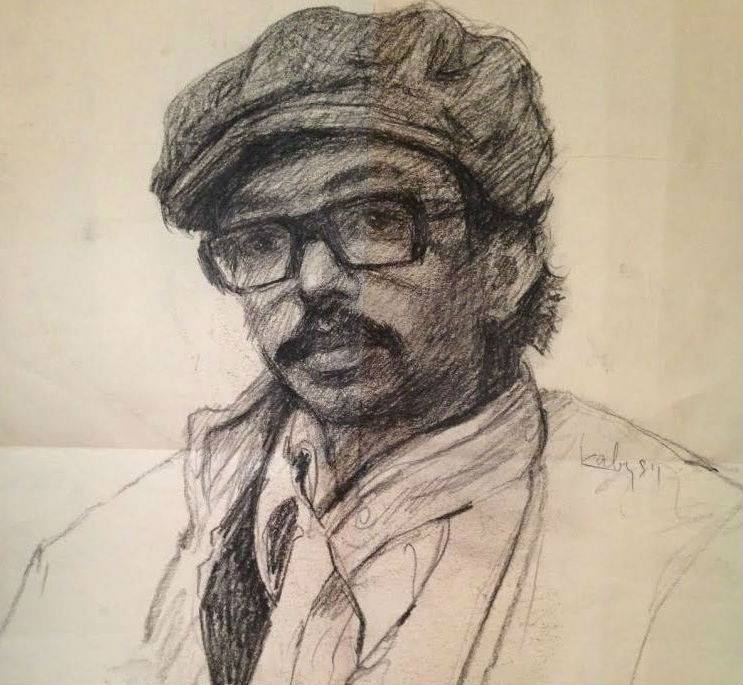
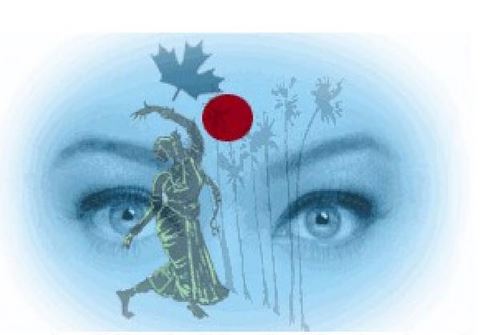 பதிவுகள். காம் மின்னூல் தொகுப்புகள்
பதிவுகள். காம் மின்னூல் தொகுப்புகள் 